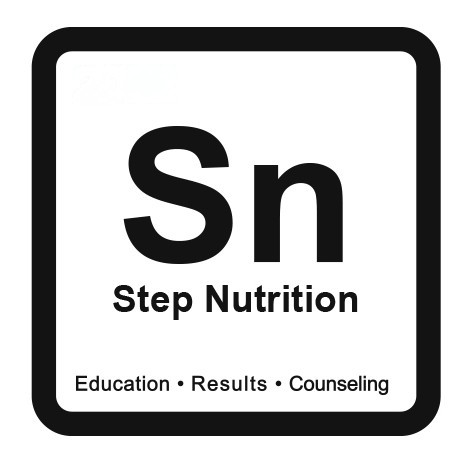Registered Dietitian vs. Nutritionist vs. Health Coach: Who Should You Trust.
If you’ve been stuck in the endless loop of diet trends and inconsistent advice from social media, you’re not alone. It feels like every influencer, nutrition “expert,” and self-proclaimed health guru has their take on how to lose weight. So how do you separate real help from the noise? Let’s break down the differences between a Registered Dietitian (RD), a nutritionist, and a health coach, so you can make the best choice for your health journey.
Registered Dietitian: The Gold Standard of Nutrition Experts. Registered Dietitians are the real MVPs of the nutrition world. They’re not just trained—they’re highly trained. To become an RD, you need:
- A degree in nutrition and dietetics, a Master’s degree is now required.
- Thousands of hours of supervised practice in diverse settings.
- To pass a national exam.
- Ongoing education to maintain credentials.
An RD can do it all—help you lose weight, manage chronic conditions like diabetes, and even guide you on your strength training and bodybuilding endeavors. They work in diverse settings, from hospitals to private practice, and their advice is evidence-based. No detox teas, no juice cleanses, and no white-knuckling it through a 3 day fast without food.
Here’s the kicker: RDs can also provide medical nutrition therapy, meaning they can treat conditions like high blood pressure or irritable bowel syndrome. They also have the ability to bill your insurance so you can pay as little as nothing out of your pocket. That’s right, many nutrition services are free or low-cost thanks to health insurance coverage.
Nutritionist: A Title That Can Mean… Anything
The term “nutritionist” is unregulated in most places, which means anyone can call themselves one. Your neighbor who read a few health blogs last weekend? Boom, they’re a nutritionist. While some nutritionists do pursue advanced education, others might earn a certificate from an online course that took all of an hour to complete.
This isn’t to say all nutritionists are unqualified—but without a standard governing body, you don’t always know what you’re getting
Health Coach: Your Motivator, Not Your Expert
Health coaches are great for accountability and motivation. They might have a certificate from a weekend course or an online program, but they’re not trained to provide medical advice or create nutrition plans. If you’re looking for general guidance, they might help. But if you’re dealing with specific health concerns or want evidence-based advice, you’re better off with a Registered Dietitian.
Why Choose a Registered Dietitian?
Let’s take a look at a recent client testimonial to see what is truly possible:
“I’m unable to workout regularly due to my health conditions but still needed to lose weight. Greg at Step Nutrition set up a plan that was easy to follow and catered to what I wanted to eat. I was able to lose 60 pounds in under a year. I would not have known what to do or stay on track without Greg’s help.” -Michael G.
Michael’s story is the perfect example of why RDs are so valuable. Step Nutrition doesn’t just hand over a one-size-fits-all diet plan; they co-created something sustainable, realistic, and tailored to Michael’s needs and preference.
At Step Nutrition, we’re here to cut through the confusion. Whether you’re looking for help with weight loss or other nutrition concerns in the Syracuse area, we’ve got you covered. For those not in the Syracuse area, telehealth is available as we now serve multiple states and you don’t have to leave your home.
Ready to Take the Next Step?
Book your session today with a Registered Dietitian. Many insurance plans cover these services, so you could get expert advice for free—or close to it! Let’s tackle your health goals together.
Visit our online scheduler here to take the first step!
